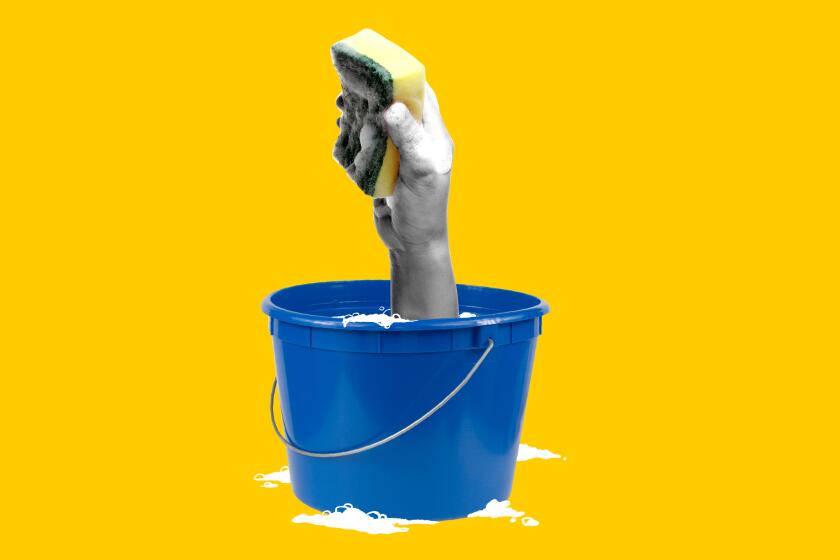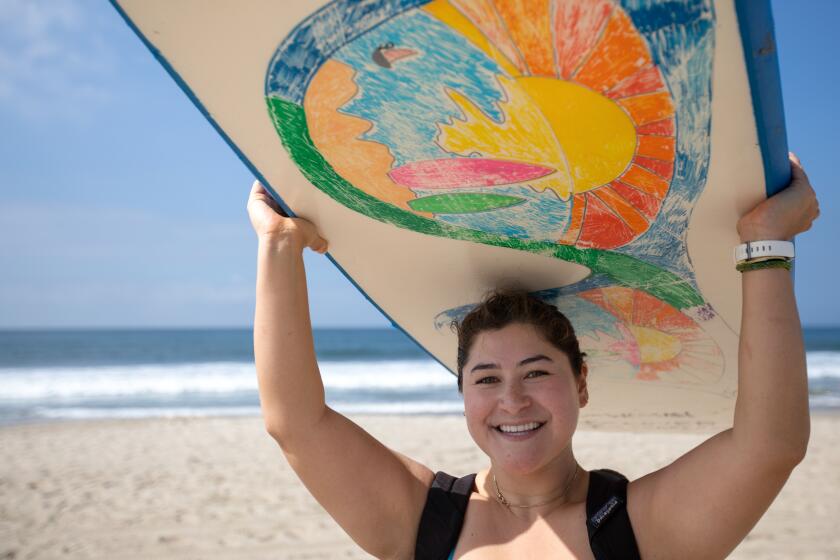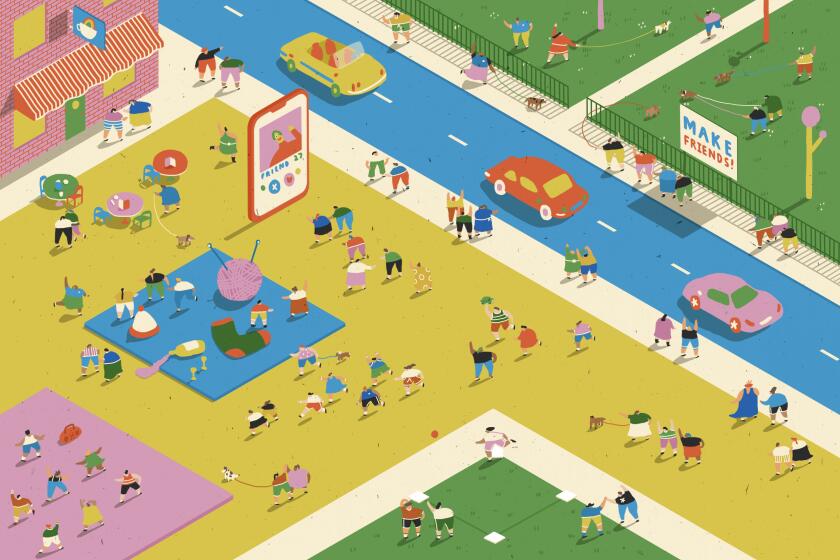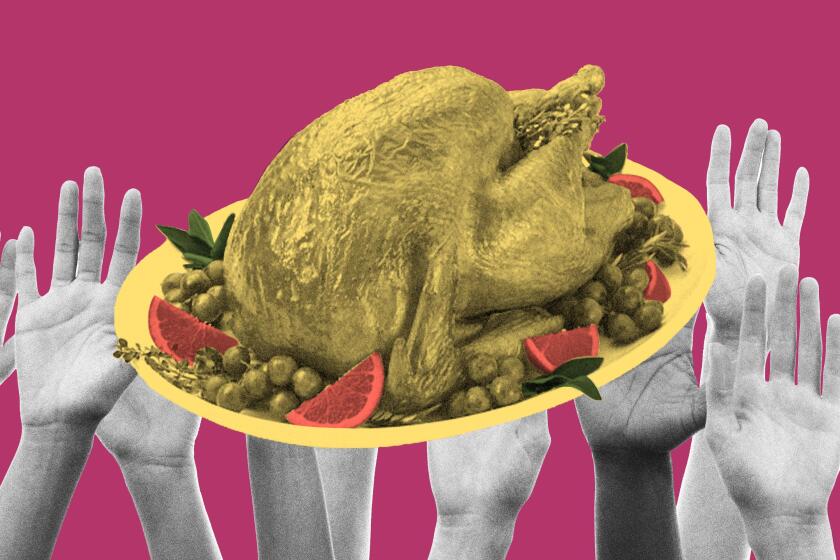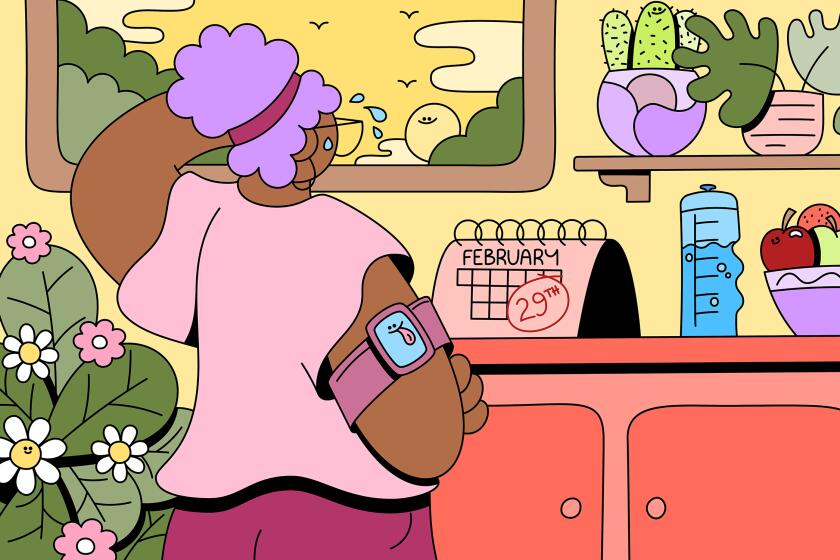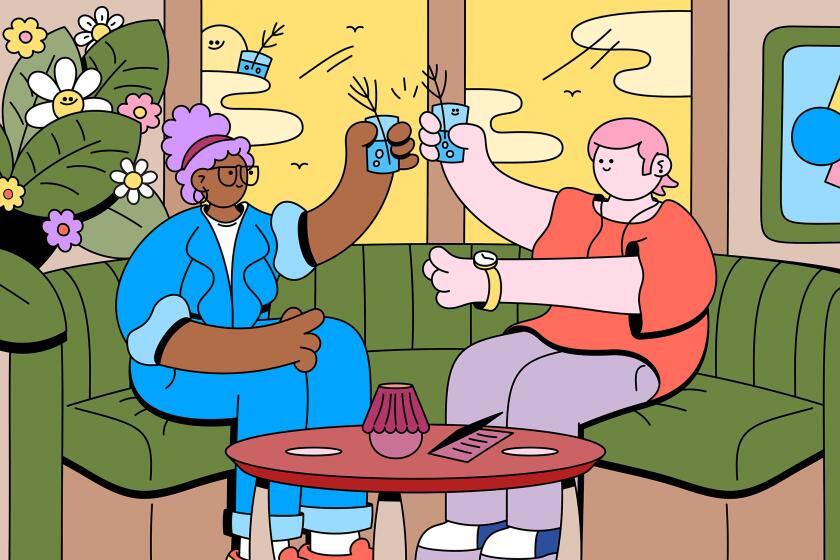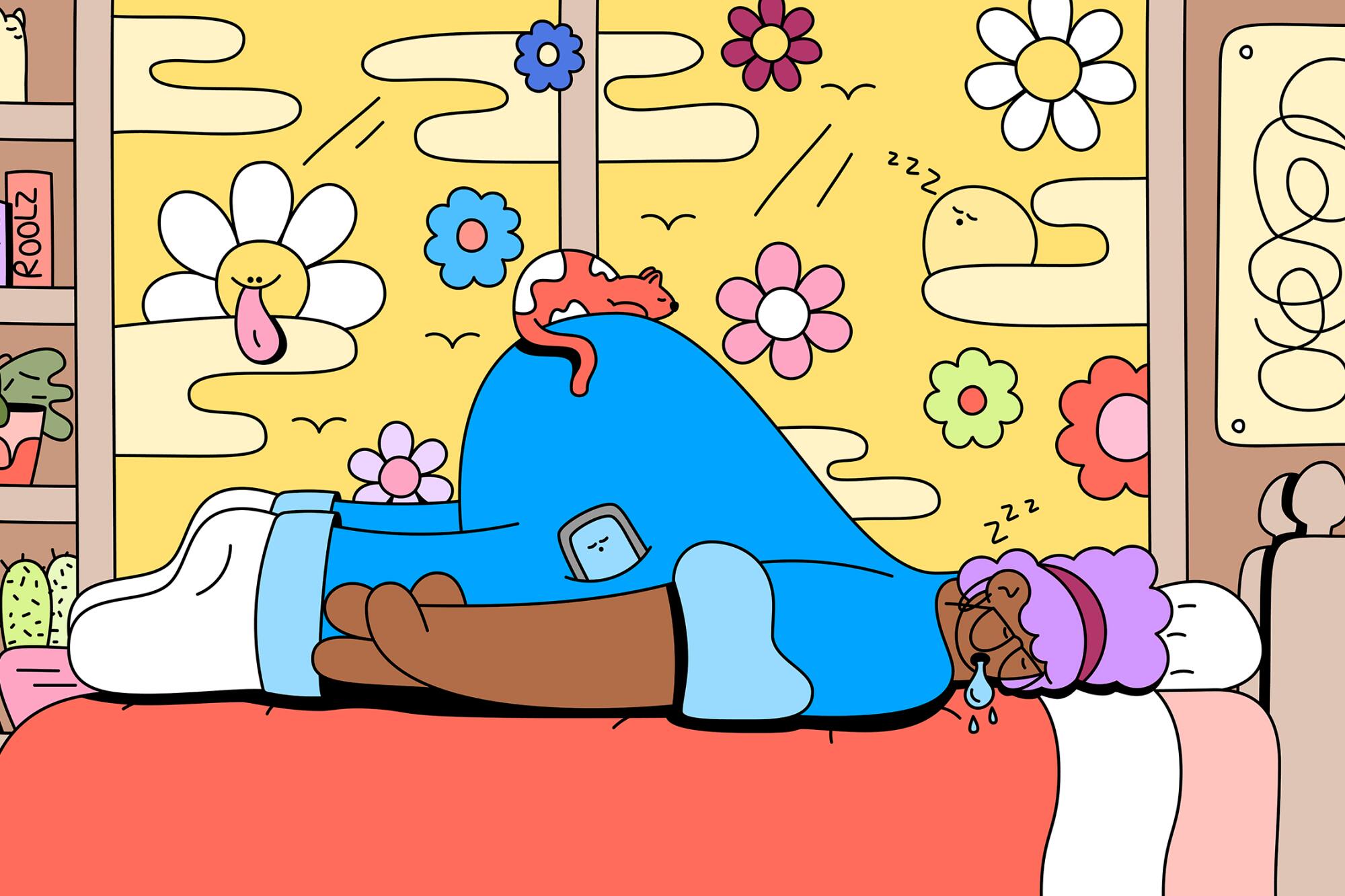
Instead of crumbling under the pressure of a singular, nebulous new year’s resolution to exercise more or eat healthier try reflecting on smaller goals that could help you feel better throughout the year.
An efficient way to do this, says Denise Williams, owner of Well-Play Counseling & Wellbeing Center, is to mark those goals on your calendar month by month, before the clock strikes midnight on Jan. 1.
“You’re more likely to follow through if it’s already on your calendar than if you have to put it in your calendar after you’ve already gotten busy,” says the licensed marriage and family therapist, who’s based in Redondo Beach.
If you want to improve your mind, body and spirit in 2023, the ideas below may give you a boost. This guide is meant to serve as inspiration and isn’t necessarily a checklist — pick and choose what works for you.
January: Redefine what success means to you, then visualize it
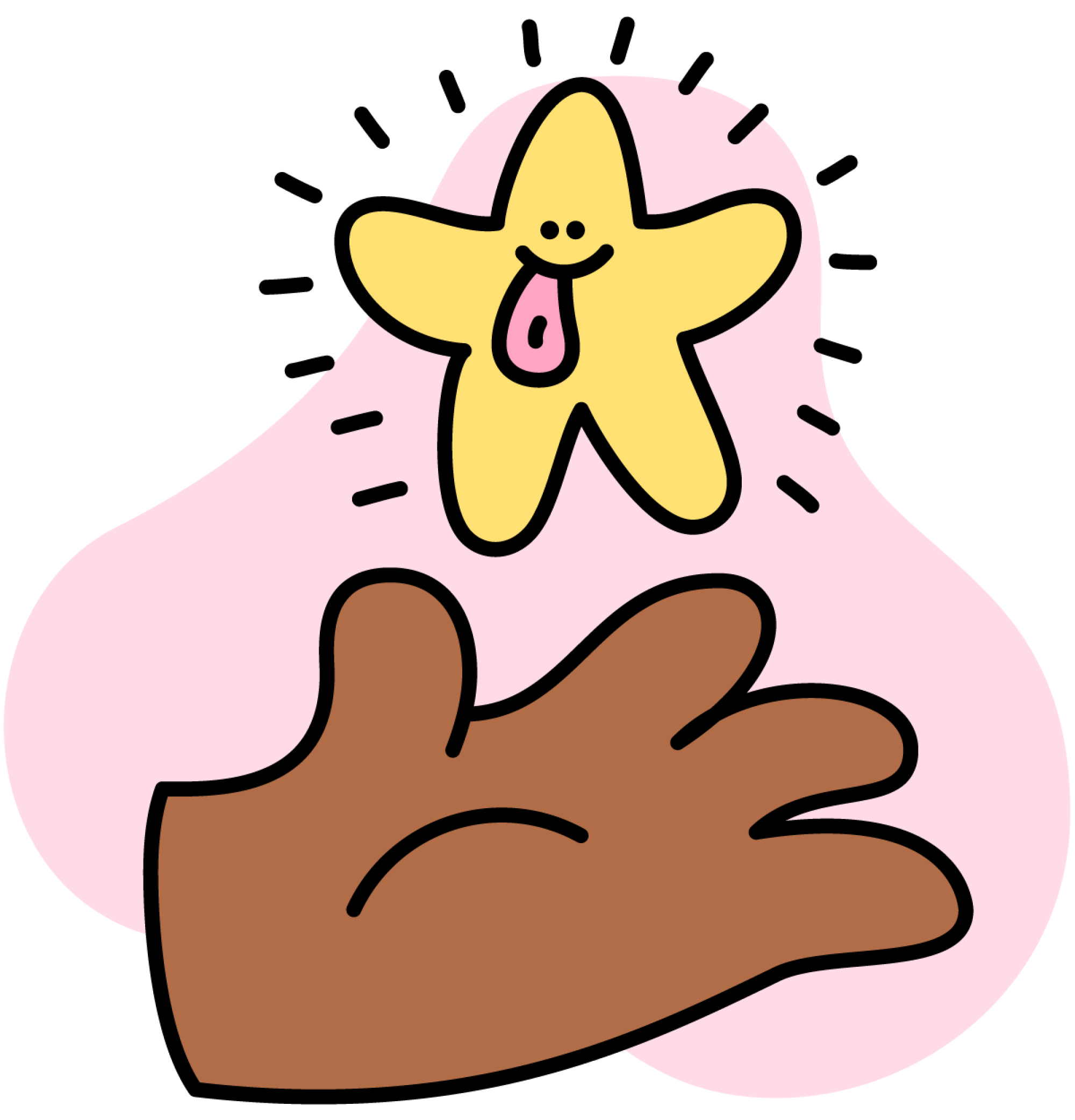
Consider using the first month of the year to redefine what success means to you. Perhaps you’ve been judging yourself based on an old idea — or someone else’s idea — of success and it’s time for an upgrade.
“People come in [to my office] and they’re always like, ‘I don’t know if I’m being successful,’” Williams says. “And I’m like, ‘Well, what is success to you? How do you know if you’ve gotten to your goal if you don’t know what your goal is?’ Then I ask them to use all of their senses: What does it look like, feel like, smell like, taste like?”
She adds, “You’ve got to start at the end and kind of work your way back into it.”
February: Romanticize your daily life — even the small moments

Whether or not you’ll have a Valentine’s Day date, block out the lovers’ month to prioritize self-love. This could look like cooking yourself a nourishing meal, going on a daily walk regardless of how busy your work schedule is, saying “no” more often or setting clear boundaries with others.
Williams recommends using February to “celebrate yourself” in the ways that only you know how to. “Ask yourself, if you wanted the perfect date, what would it look like?” she says. “How would you date yourself?”
Chloe Panta, an L.A.-based life coach, tells her clients to romanticize their lives — even when they’re doing mundane tasks. Maybe “you go for a walk and you enjoy time in the park, you pick some roses, you pet a dog ... whatever it is that makes you happy. I encourage people to romanticize themselves with very small things that they usually overlook because those things can sometimes bring the most happiness and the most peace.” She adds that this act also helps you remain present and appreciative of the moment.
Self-care has become synonymous with shopping for skincare, candles and even Botox. But self-care doesn’t have to be a consumerist endeavor.
March: Prioritize rest
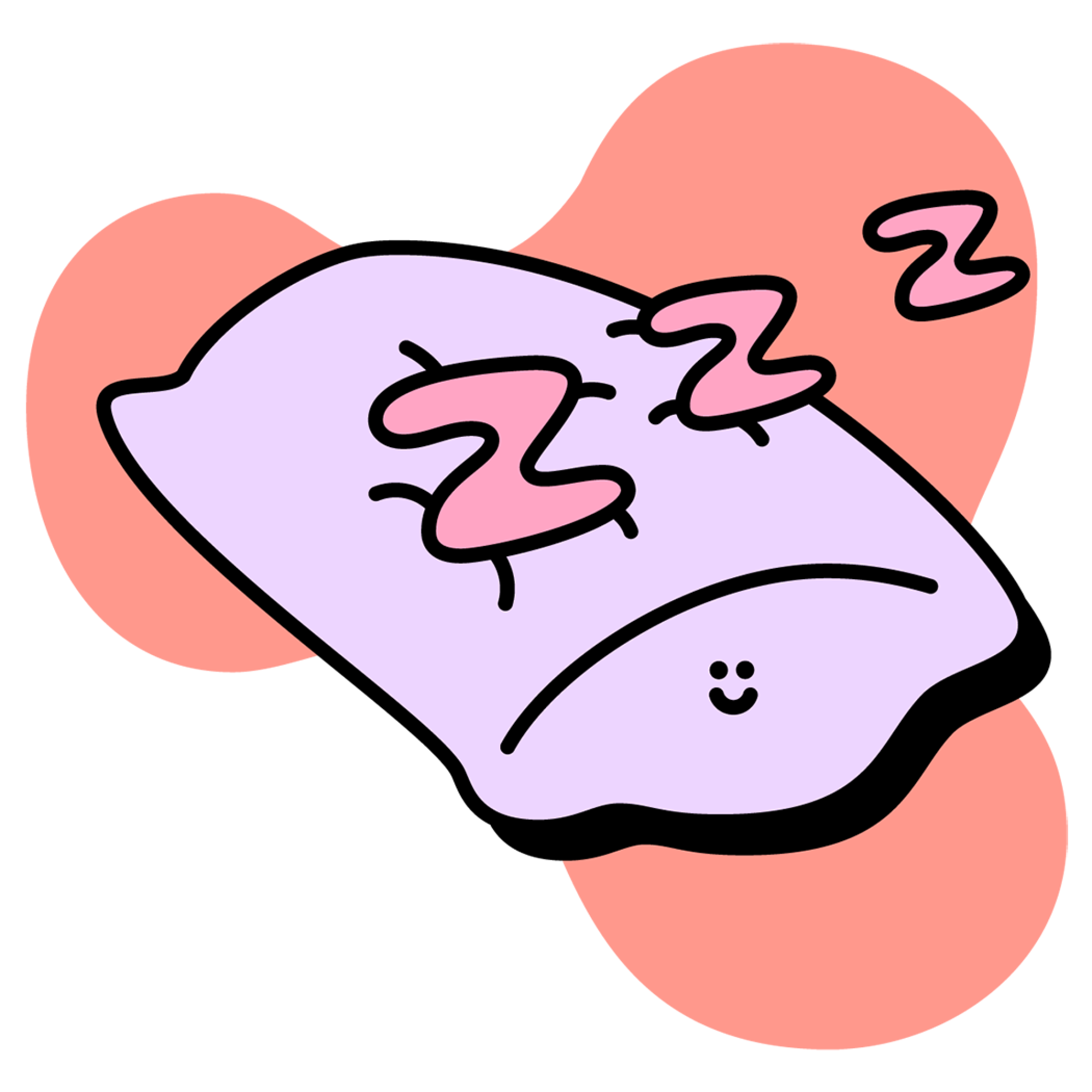
Each time that daylight saving time rolls around, the first thing that comes to my mind is: Will I be losing or gaining an hour of sleep? When the tradition arrives at 2 a.m. on March 12, we will be springing forward — losing an hour of sleep — making this an excellent time to be intentional about prioritizing your rest.
For Tricia Hersey, the founder of the Nap Ministry — an organization that examines rest as a form of resistance and reparations — the act of resting is a way to push back against grind culture. We can be imaginative with ways to incorporate rest into our lives, which can expand beyond taking a nap or going to bed early, Hersey said on the “We Can Do Hard Things With Glennon Doyle” podcast.
Resting can be deciding to have a slow and intentional morning routine, drinking a cup of tea, not thinking about work or other responsibilities as you’re doing a leisure activity or spending time with loved ones, or taking a walk.
“All of these are rest,” said Hersey, who released the book “Rest Is Resistance: A Manifesto” in October. “All of these things are opportunities to connect with our bodies and mind.
“People get really desperate and really panicked about this idea because it’s a paradigm shift,” she told Doyle. “It’s a full-on shifting of your mind to understand that your rest is not a luxury. It is not something that you can add on once you’re burnt out. It really is the center of your life. It has to be the north star.”
April: Declutter your space
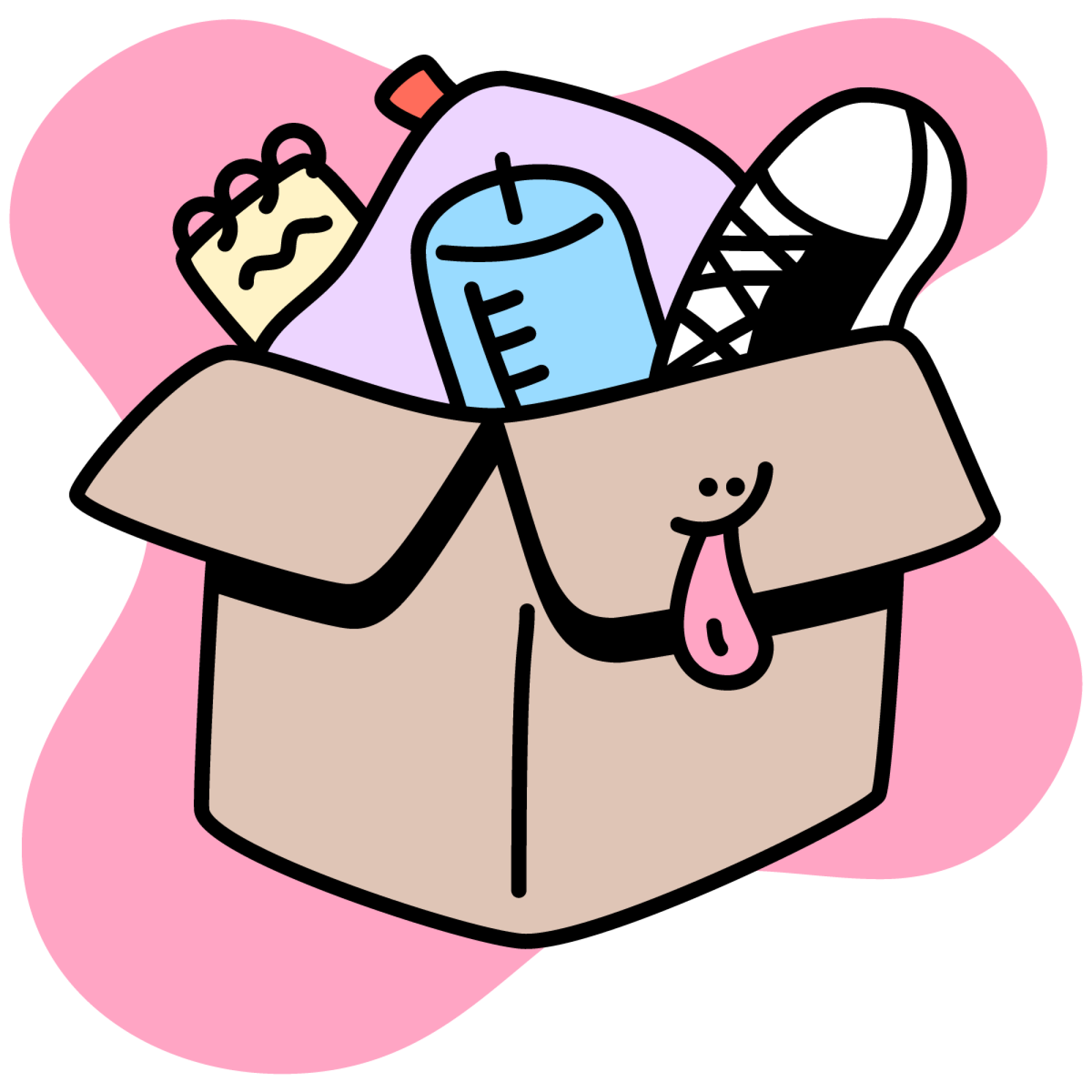
Use “spring cleaning” to get rid of that sweater you’ve been holding onto because it was expensive (even though you never wear it) and the expired spices and herbs hiding in the back of your kitchen cabinet. (Some can be composted or upcycled.)
Williams recommends making this spring clean a group activity. With a group of friends, plan to declutter your homes, then pick a date to take your items to a local shelter or host a group yard sale. As a reward, your friend group can do a fun activity together afterward. By doing this, “You get these things done, you’re in community, somebody is holding you accountable, you’ve taken care of other people and your mind,” Williams says. “That’s social wellness.”
Another thing that might need some decluttering is your phone. The next time you’re relaxing, browse through your photo library and delete images you no longer want, making space for new memories.
As spring cleaning approaches, two queens of #CleanTok, KC Davis and Auri Kananen, share low-stress tips and tricks.
May: Take your workout outdoors

Research shows that working out in nature can motivate you to get moving, improve your mental health and provide a feeling of escapism from everyday life. Plus it’s free, and you can generally work out outdoors all year in L.A.
For May, consider doing your workout outdoors at a place you’ve been wanting to visit, such as a hiking trail, beach or park, or join one of L.A.’s many collectives that host events surrounding wellness, such as Hike Clerb or a biking group.
Spaces that fuse therapeutic practices with a physical activity are expanding, reaching clients who might find sitting in a formal office intimidating or who want to explore how movement can help them process emotions differently.
June: Take that solo trip you’ve been dreaming about

I’ve been wanting to go to Albuquerque since my family stopped there for a rest break during a lengthy road trip when I was a teenager. But my friends aren’t intrigued by the destination, and I’ve never gone on a solo trip before. As summer officially kicks off, join me in taking that trip you’ve been fantasizing about.
Williams encourages her clients, especially those who are business executives or have jam-packed schedules, to take solo trips because they offer people “a different type of self-reliance.”
“You get to learn things about yourself because you get quiet and it’s just you,” says Williams. “You might realize, ‘Oh, I keep thinking I’m not good with directions, but I got myself here. I moved myself around the city.’ Or you think, ‘I don’t know if I could ever do that by myself. What would I do? I’d be so bored.’ And then all of a sudden you’re like, ‘You know what? I can go to this museum and spend as long as I want because there’s nobody here to nag me.’”
She adds, “You get real introspective because you’re really able to hear yourself.”
July: Cultivate a new friendship
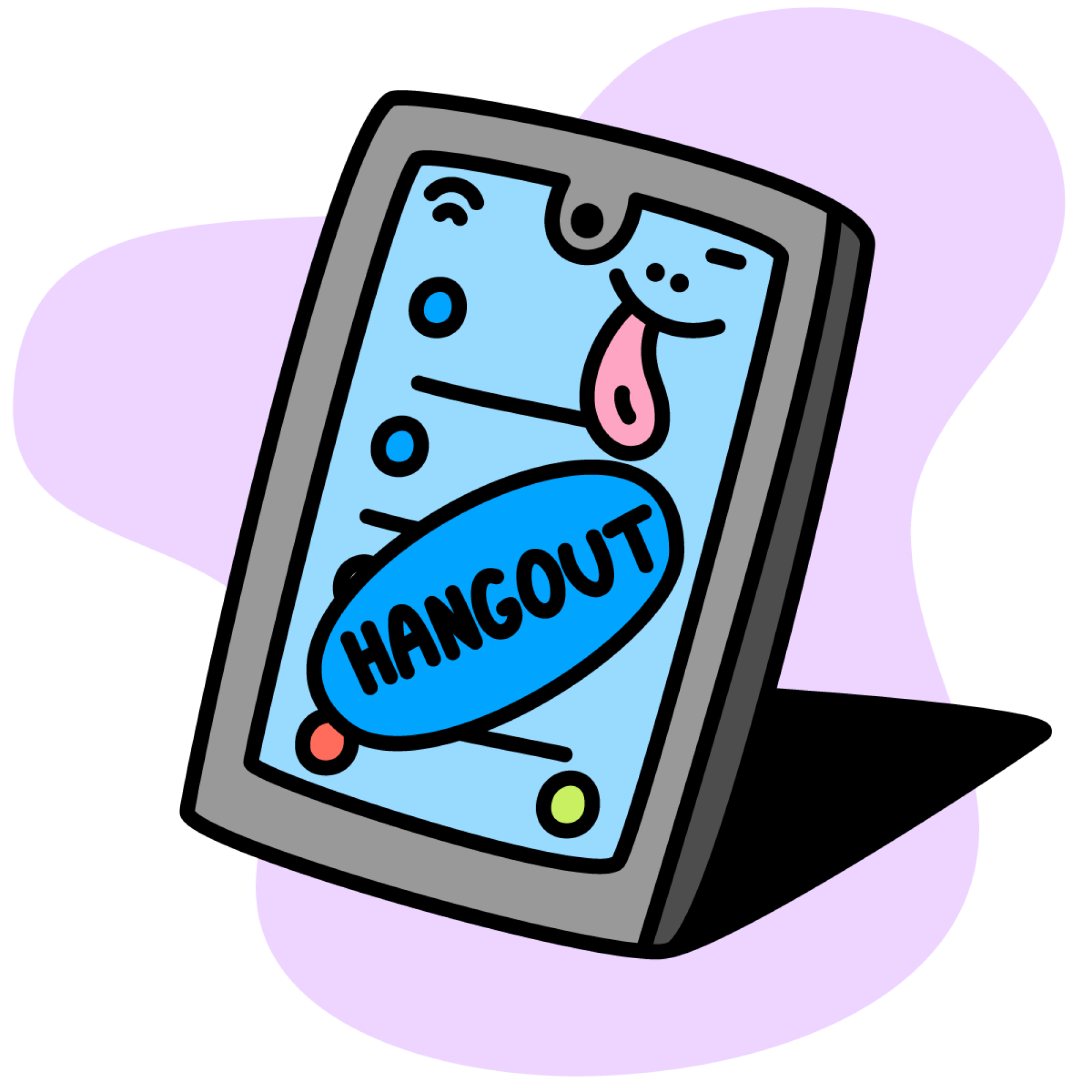
The International Day of Friendship is July 30. Push yourself this month to reach out to that person you met at a mutual friend’s party a few months ago and actually schedule some one-on-one hangout time with them, or reconnect with someone you haven’t seen in a while.
Panta says the key to cultivating a new friendship — or putting life back into an existing one — is to be intentional about it.
“It’s really important to ask ourselves, ‘What kind of friend am I?’ and then, ‘What kind of friend do I want?’ So that way we can deepen our connections with our friends by being thoughtful about them because it’s a two-way street.”
For those who struggle to make new friends, Panta recommends communicating your needs early on to let the other person know your social limits. For example, if you prefer to meet at a low-key park versus a packed bar, let your potential friend know that and gauge their interests as well.
You can also join a Meetup group or local collective such as Los Angeles Girls Who Walk, which was created to help people make lasting friendships. L.A. people have made friends at dog parks, trivia nights and dance classes. Find what works for you.
Dog parks, coffee shops, desert raves, breakfast meetups, community centers and hiking groups are keys to making friends in Los Angeles.
August: Reclaim an old hobby or pick up a new one
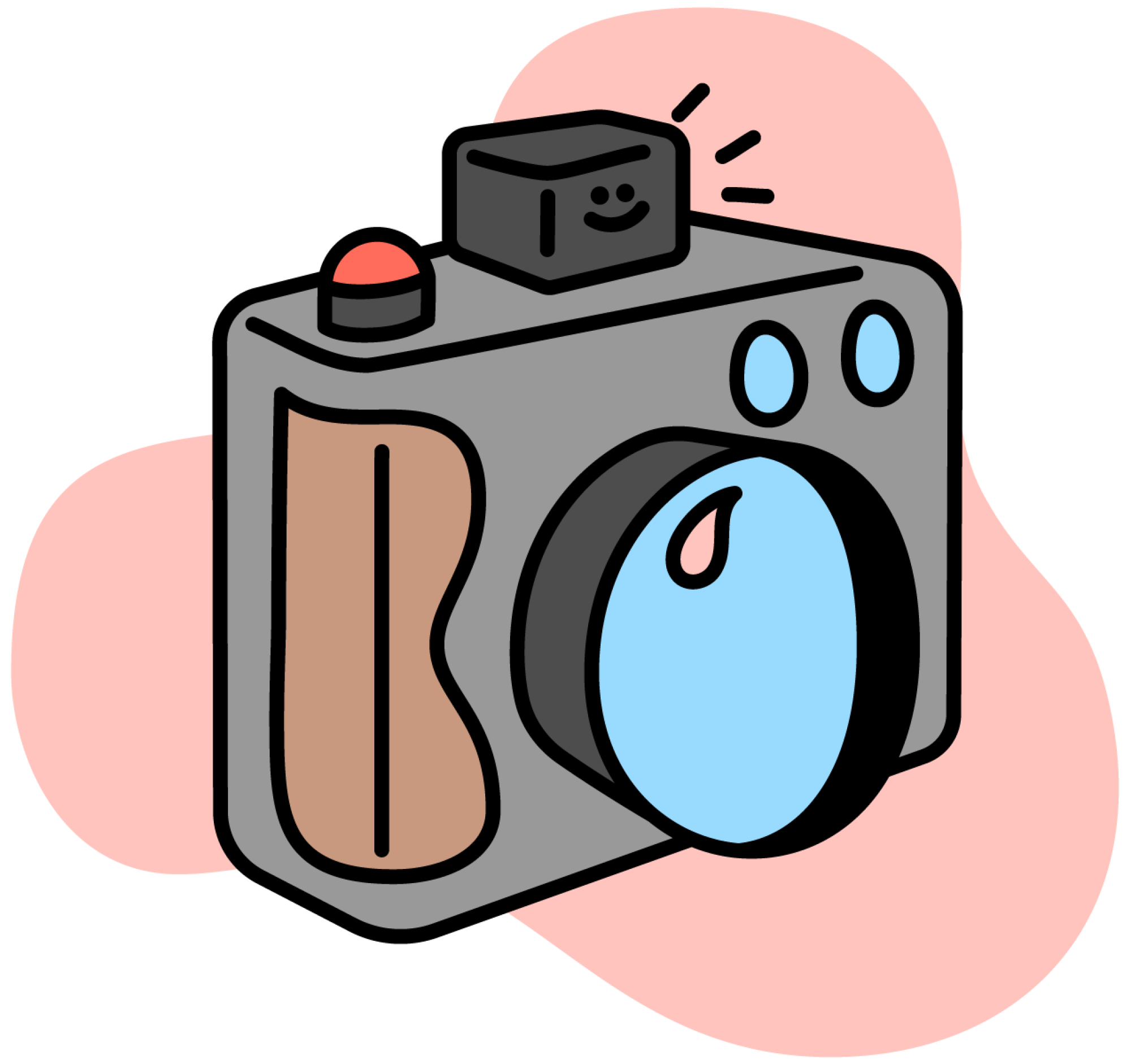
Is there an activity that you used to love doing but haven’t picked up in a while? In August, give yourself permission to reclaim an old hobby that brings you joy or try a new one that’s been calling your name.
Williams, who worked in the live event industry for 30 years before becoming a therapist, says it’s a nonnegotiable for her to incorporate moments of play or fun into her schedule. She tells her clients to do the same.
Start by taking 10 minutes of uninterrupted time to think about all of your favorite cartoons, toys and activities that you loved as a child. Then make a list of activities that you can revive, she says.
“Just [connect with] that child in you, and you will see your imagination begin to run wild oftentimes,” Williams says. “Then ask yourself, how does that translate” to activities that you can do now. If you enjoyed playing tag as a child, consider going to laser tag, or if you liked playing hide-and-go-seek, visit an escape room.
“Just get out there and play,” she adds. “The most important thing is to stop letting limiting beliefs limit you. ‘Well, that’s stupid. Nobody’s going to want to do that with me.’ Challenge yourself to just be like, ‘I’m going to go do it.’”
September: Upgrade your routines

Sept. 22 marks the end of summer and often our return to the routine. But what if your old routines are no longer serving you?
Use September to evaluate how to make your routines reflect the lifestyle you want. An example could be creating a nighttime routine — such as listening to soothing music while you’re in the shower or drinking a cup of tea before bed — that makes you look forward to winding down. You could establish a ritual to prevent the Sunday scaries and help you feel prepared for the week ahead, or you could mix up your exercise routine by trying a new type of workout, such as dance fitness or a cannabis-centered class.
Another example of a routine that Panta recommends to her clients is to schedule time for themselves throughout the workweek.
“Take that time, Monday through Friday, to disconnect, where [you] have that ‘me time.’ Where nothing can interrupt that time,” she says. “There’s nothing that’s going to make [you] look at [your] phone during that 10, 15 or 20 minutes.”
October: Implement a gratitude practice
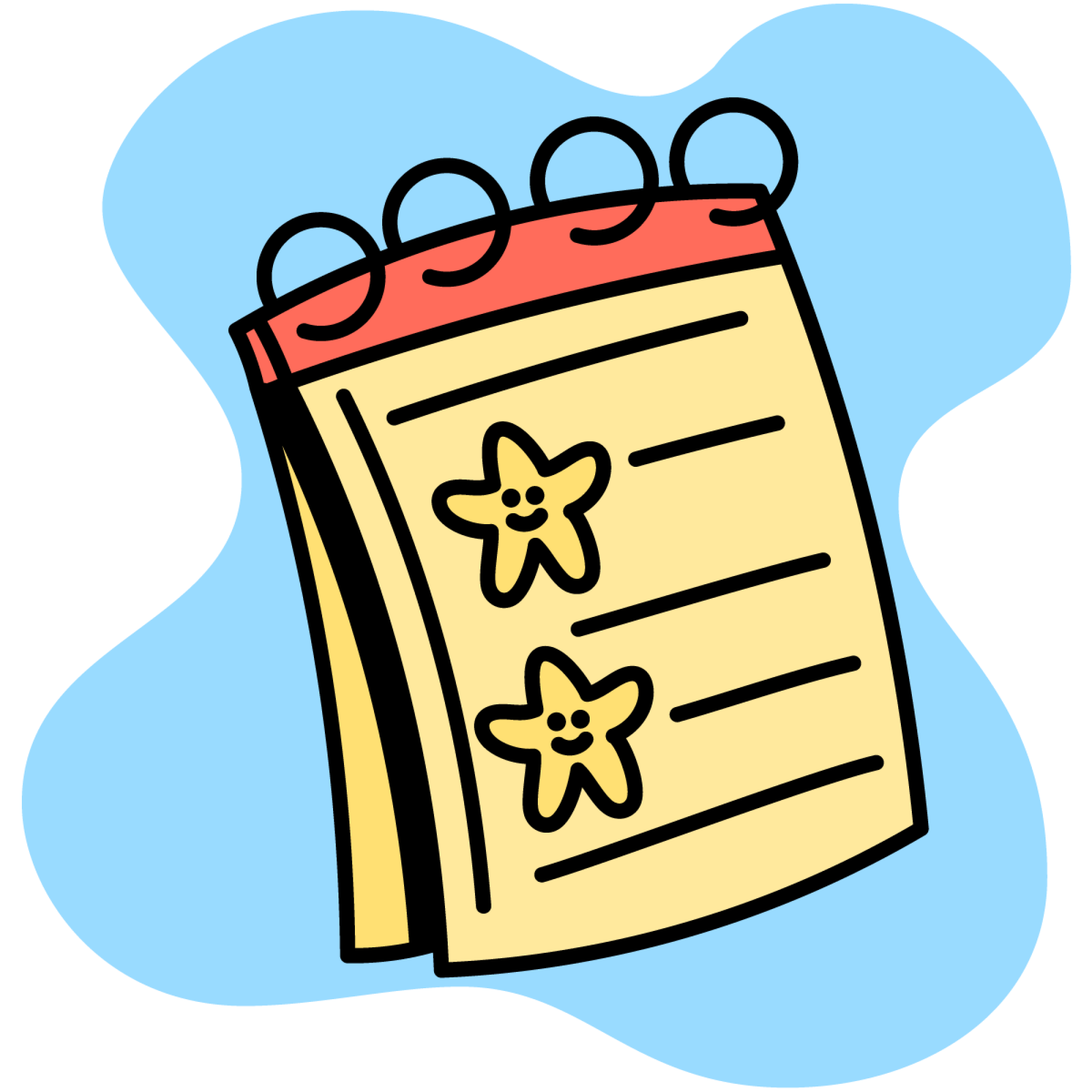
Recently I asked a friend, “What’s something exciting or random that has happened to you in the last week?” At first she struggled, but then she suddenly pulled out her phone, where she’d created a list — categorized by the day — of small wins that she had throughout the week. This inspired me to start making a running list of wins, whether tiny or big, and moments that make me smile on a regular basis. It’s an easy gratitude practice, especially during stressful times.
The importance of gratitude goes beyond a picture-perfect Thanksgiving tableau.
November: Do something nice for someone else
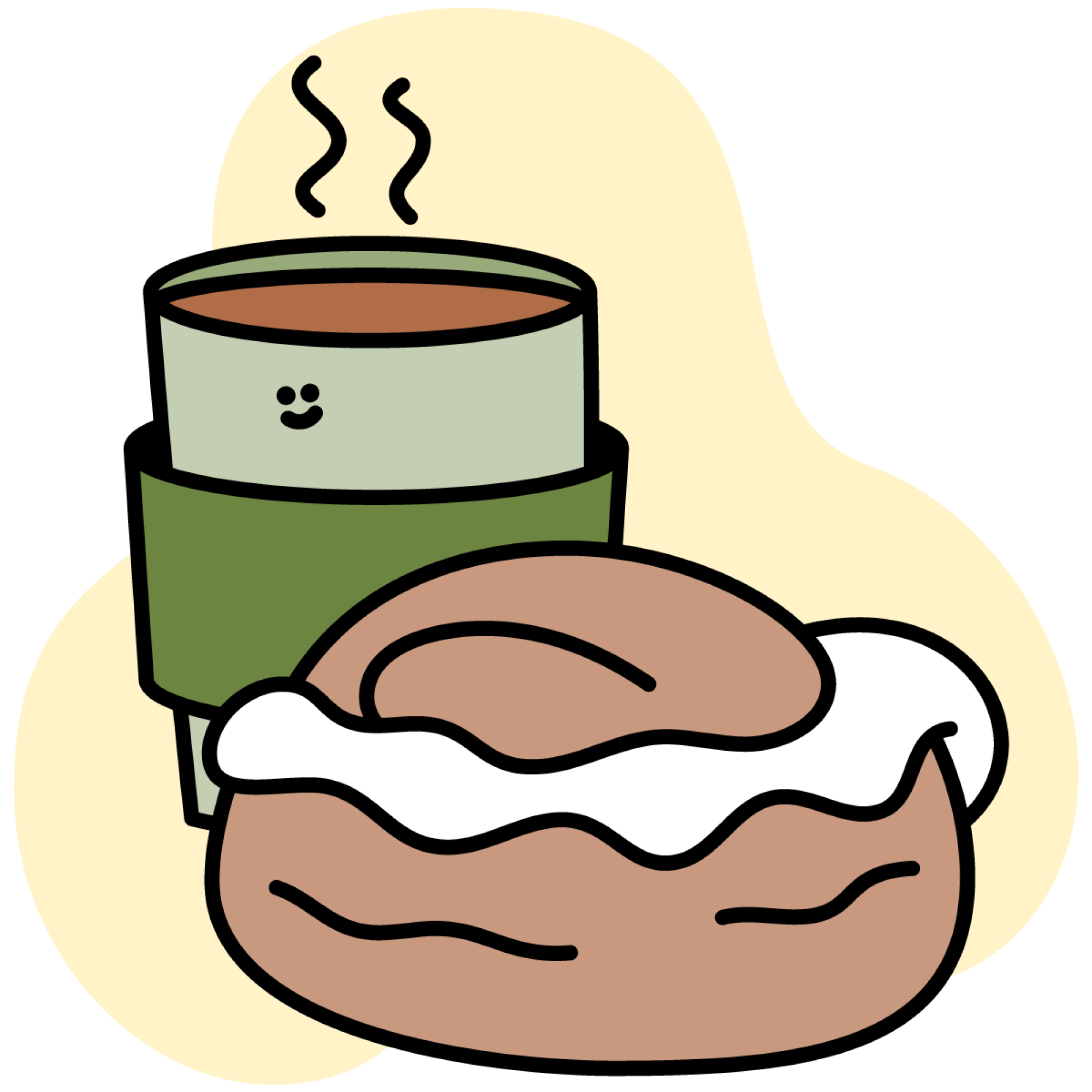
Nov. 13 marks World Kindness Day, Thanksgiving falls on the fourth Thursday of the month, and the Tuesday after that is Giving Tuesday. Use these moments to support someone else.
Phone a loved one who’s been going through a difficult time, pay for a stranger’s Starbucks order or volunteer at a charity.
“We should always be giving freely as if nobody’s watching. Simply because we want to,” Panta suggests.
Los Angeles is full of opportunities to volunteer during the holiday season. Here’s how to give back at soup kitchens, animal shelters and outdoor cleanups.
December: Avoid feeling financially and physically drained
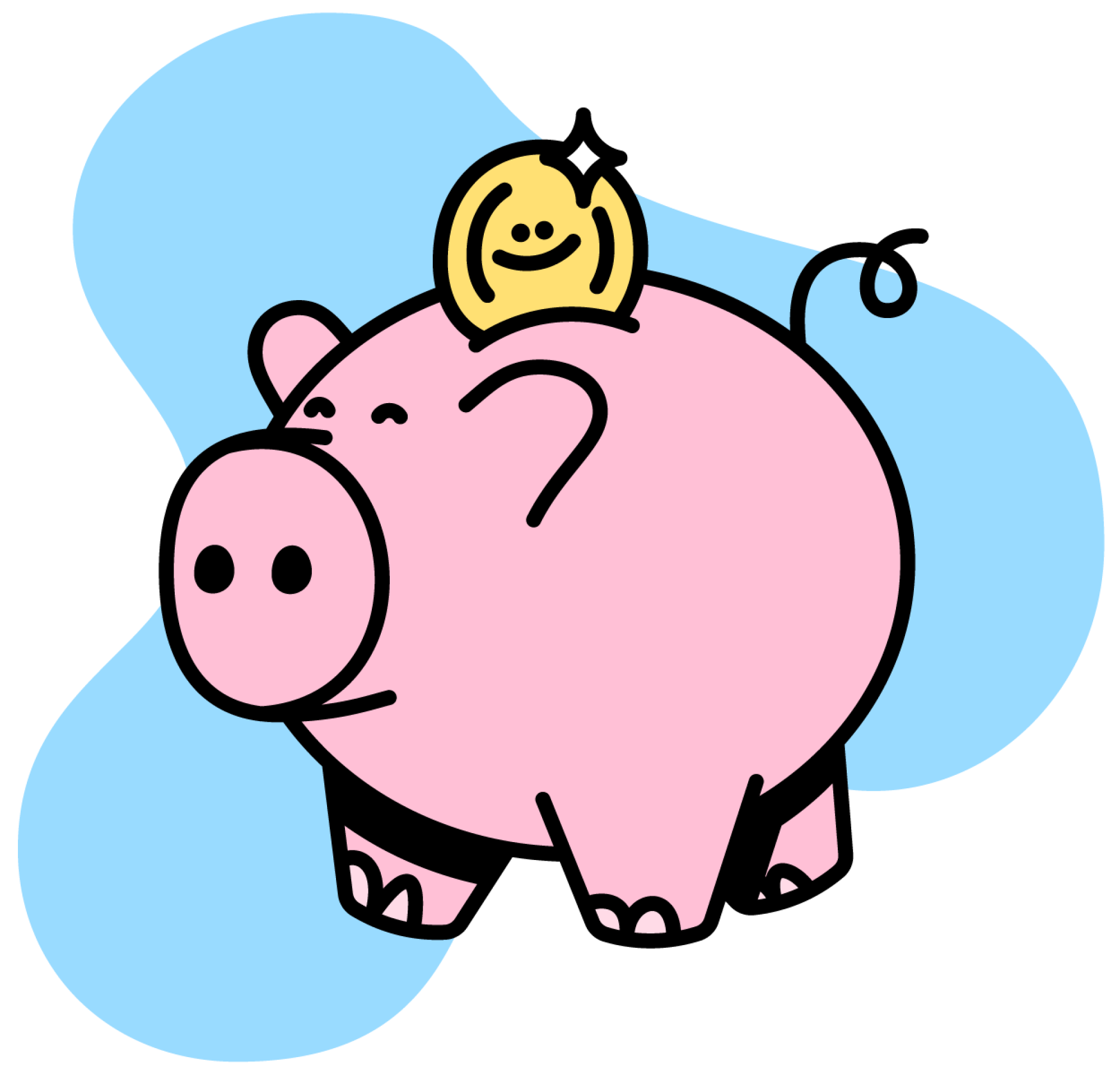
From purchasing gifts to attending holiday parties and traveling to see family and friends, surveys show that Americans tend to spend generously during the holiday season. This can leave us feeling both financially and physically spent.
To prevent this, start exploring ways that you can trim your spending and the number of responsibilities you have on your plate during the festive month.
Louis Barajas, an L.A.-based certified financial planner, encourages his clients to create their financial game plan for the next year in December, so that they can start off fresh in January.
“Usually when we’re meeting in January, it’s kind of too late,” says Barajas of International Private Wealth Advisors. During the holiday season, “I find that people are more in touch with their emotions and their heart than with their head,” he says, whereas in January, they’re more goal-oriented.
With the ongoing rumblings of a potential recession in 2023, Barajas says the main goal should be to become more aware of where your money is going. He suggests reviewing your expenses, establishing an emergency fund and using a personal finance management application such as Quicken to keep track of your spending. You can also sign up for The Times’ Totally Worth It newsletter, an eight-week course on how to take control of your finances.
When it comes to maintaining your mental health during the busy season, when “people find themselves doing things that they really didn’t want to do,” Williams recommends people determine how they want to feel leading into the new year.
“Do you want to be exhausted? Do you want to struggle to the finish line on New Year’s Day?” she asks. If you want to feel rested and relaxed, “Evaluate your schedule ahead of time. Tell yourself, ‘I’m doing two holiday parties, and that’s all. I’m doing one gift-giving.’”
More ways to shake up 2023
More to Read
Sign up for The Wild
We’ll help you find the best places to hike, bike and run, as well as the perfect silent spots for meditation and yoga.
You may occasionally receive promotional content from the Los Angeles Times.

